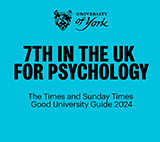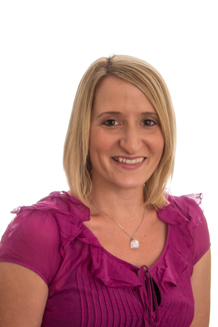
Sleep helps to consolidate learning
Posted on 11 January 2016

Dr Lisa Henderson is one of the researchers here at York working in our exceptional sleep-lab. Her research focuses on the relationships between sleep, learning and memory and she has a particular interest in how these relationships work in young children. Speaking on BBC Radio York, Lisa explains how sleep helps to integrate new information into existing networks in the brain and how deep sleep plays an important role in this process. Specifically in childhood, Lisa explains, sleep not only lasts longer but children have longer periods of deep sleep which helps to consolidate all the new information they are taking on-board during the day.
The sleep-lab at York is well-equipped featuring equipment such as EEG (electroencephalogram) which measures brain activity during sleep. The EEG equipment involves electrodes being placed on the scalp and the results from this can be compared to the information that people remember the following day. In her radio interview, Lisa explains that our understanding of the role of sleep in learning not only helps us to understand children’s development but can also be useful in other areas, such as Dementia which is often characterised by fragmented sleep.
On 6th January, Lisa gave a public lecture on her research on the importance of sleep in learning.
To listen to Lisa’s BBC Radio York interview click below.
